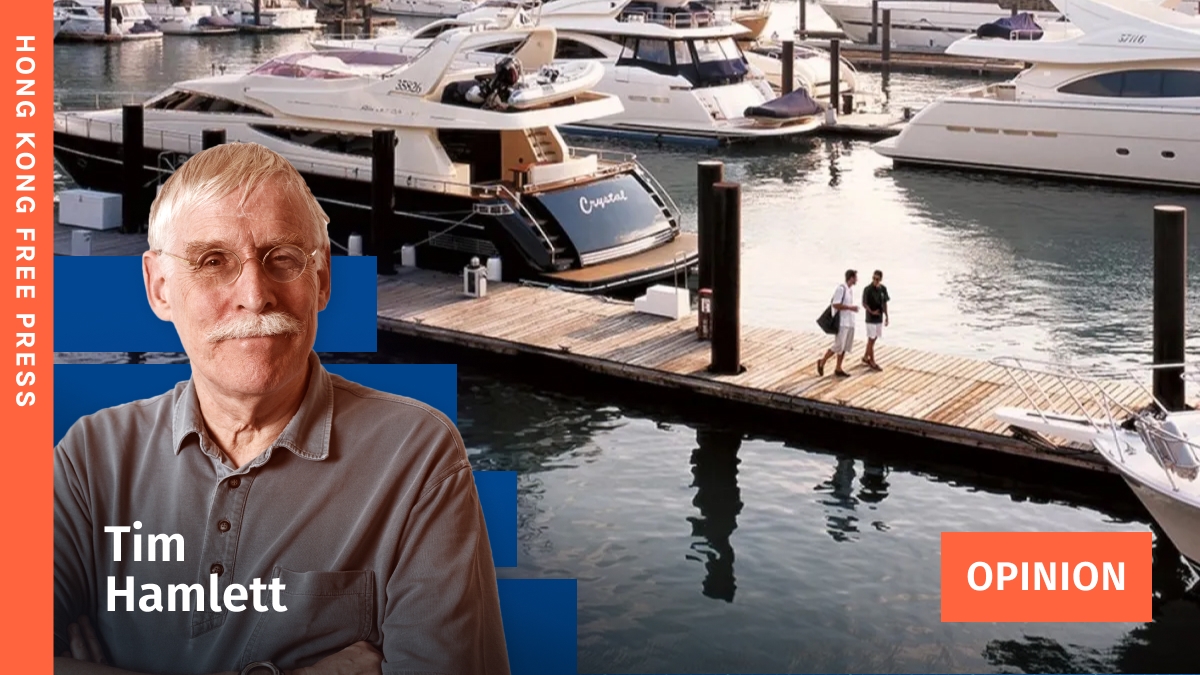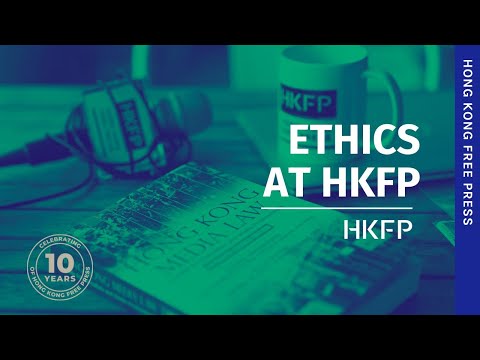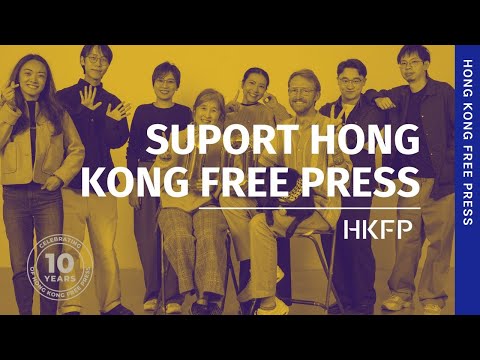That pitter-patter of little feet you heard after the policy address came from a herd of hogs heading for the public money trough, which naturally follows the announcement of a new hub.
Consider the government’s newfound enthusiasm for the “yacht economy.”
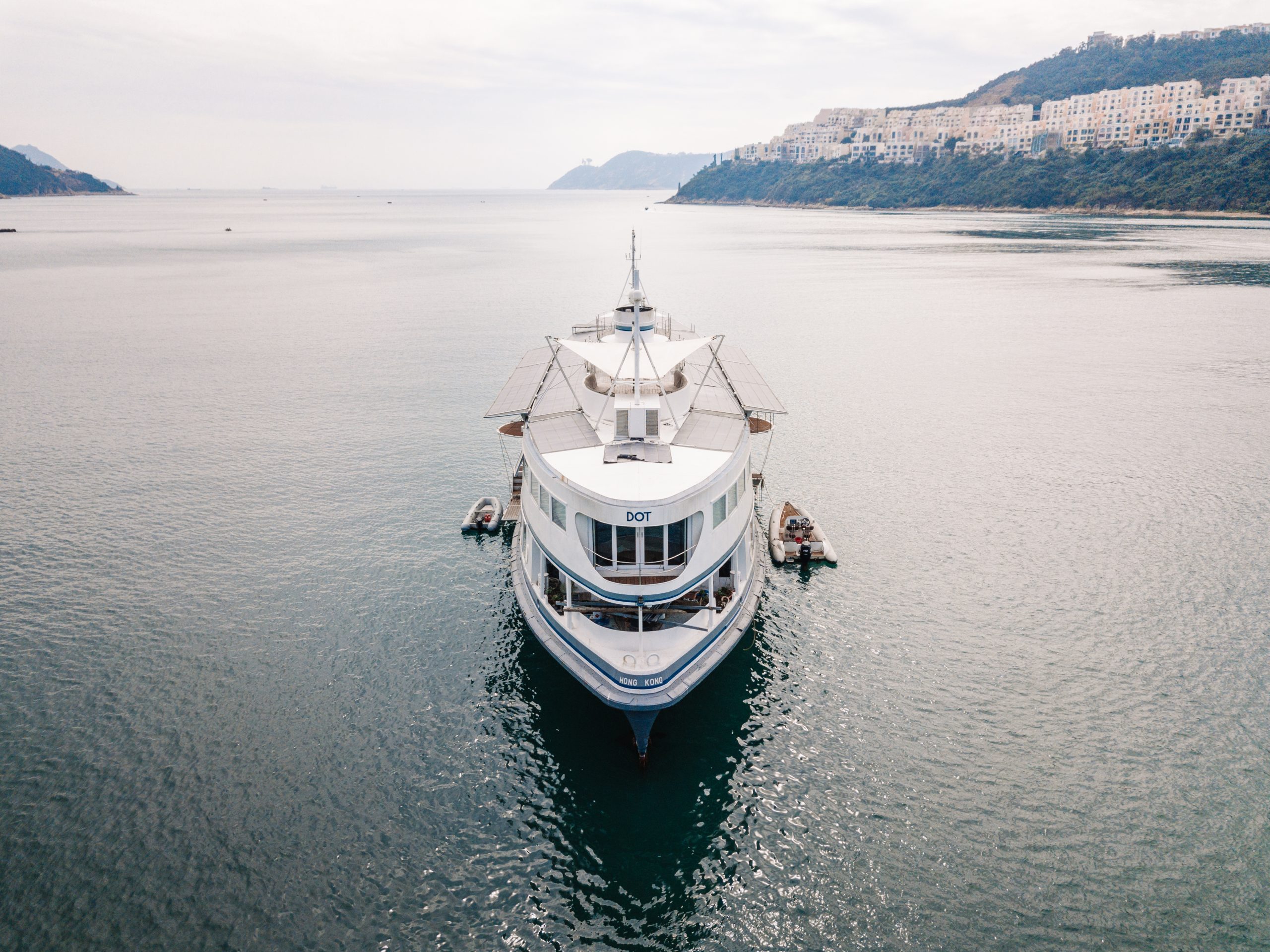 A luxury yacht in Hong Kong. Photo: Ocean Independence.
A luxury yacht in Hong Kong. Photo: Ocean Independence.
The policy address had barely finished echoing down the corridors of power before a spokesman for the Boating Industry Association was pushing a list of “supporting facilities” which visiting yachts would require and which, it seemed, he expected the government to provide at the taxpayers’ expense.
According to a report in The Standard, the association’s chairperson, Lawrence Chow, clearly had a longer list in mind but started with “landing facilities, public restrooms and waste collection stations.”
Over this issue hangs a small technical confusion. The government, as well as The Standard’s headline writer, referred to “anchorages.” Mr Chow referred to “berths.” These are not the same thing.
An anchorage is a place where a yacht can drop an anchor. It needs a lot of water space around it for this, and communication with the shore requires another, smaller boat … or, for the really affluent owner, a helicopter. This is not a great boost for tourism. Also, you would not wish to be on an anchored yacht in a typhoon.
A berth is a place where the yacht can tie up next to a jetty or pier. Its occupants then merely have to step ashore or, if the yacht is really big, walk down a gangplank. This is obviously much more convenient, and places which take the “yacht economy” seriously all have facilities of this kind.
Most of the government actions announced so far consist of removing bureaucratic obstacles. Yachts will, for example, no longer be required to have a reserved berth before they arrive. Skippers will be able to take the exam for local waters remotely. And so on.
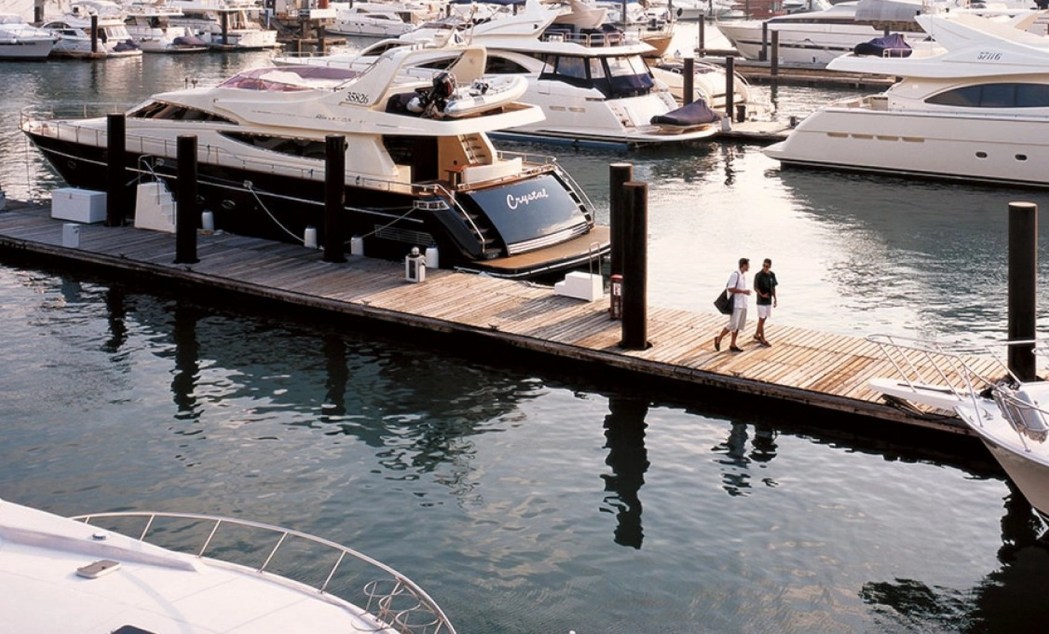
 The Aberdeen Marina Club. Photo: Aberdeen Marina Club.
The Aberdeen Marina Club. Photo: Aberdeen Marina Club.
We have not seen so much detail about how the proposed “five new anchorages” will be produced, but I take it that what this actually means is five new marinas.
Clearly, there will have to be some official contribution in the shape of space: a patch of water on which a marina can be built and a patch of land next to it for the necessary “facilities.”
There is no reason why the operator of the marina should not provide everything else at its own expense, or indeed pay a reasonable fee for the land and water. After all, users of the marina will be paying. Operating a marina is a commercial enterprise.
If visitors require public restrooms and waste collection stations, it will be in the interest of the operator to provide them, and the resulting increase in custom will provide a reward.
See also: The Hong Kong government’s latest craze? Marinas for millionaires
There are two reasons why the government should be extremely careful to avoid the appearance that it is subsidising this activity.
The first is that it would be undignified, indeed obscene, for a government which cannot afford to provide its elderly citizens with a decent pension to use public money to subsidise millionaires’ recreational activities. Or to put it in words of one syllable, rich men’s toys.
The second reason is that it would contrast rather fiercely with the government’s indifference to the possibility that Hong Kong people who are not millionaires might enjoy boating activities.
Walking along the edge of Tolo Harbour is a pleasant experience, but it is also frustrating. There is sunshine, there is a gentle breeze, there is a large expanse of more or less clean water, but… no boats.
Ma On Shan, Tai Po, and Shatin are large populous towns on the edge of the harbour, and the grand total of boating facilities offered to their inhabitants is… zero. There is a Taipo Boat Club, but since the construction of the Tolo Harbour Highway, it has been exiled to Tai Mei Tuk, which is miles away.
It would be nice to have a “yacht economy.” Could we not have a “dinghy economy” as well?
HKFP is an impartial platform & does not necessarily share the views of opinion writers or advertisers. HKFP presents a diversity of views & regularly invites figures across the political spectrum to write for us. Press freedom is guaranteed under the Basic Law, security law, Bill of Rights and Chinese constitution. Opinion pieces aim to constructively point out errors or defects in the government, law or policies, or aim to suggest ideas or alterations via legal means without an intention of hatred, discontent or hostility against the authorities or other communities.
Support HKFP | Policies & Ethics | Error/typo? | Contact Us | Newsletter | Transparency & Annual Report | Apps
Safeguard press freedom; keep HKFP free for all readers by supporting our team
Advocates for ideas and draws conclusions based on the interpretation of facts and data.
